History is full of events that may not always get the spotlight but have had significant impacts on the world we know today. These overlooked moments, often overshadowed by larger, more famous events, have shaped nations, influenced political landscapes, and set the course for future developments. From forgotten wars to unexpected revolutions, their ripple effects have caused long-term changes that still resonate. Understanding these key historical turning points reveals the depth and complexity of how the world has evolved. Here are 20 such events that had major repercussions, despite being lesser known.
The Tanzimat Reforms (1839-1876)
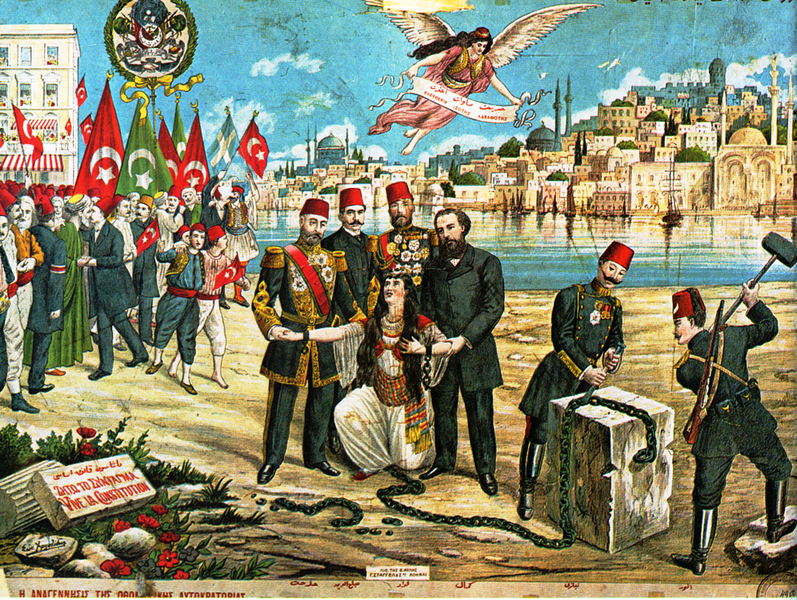
During the Ottoman Empire’s decline, the Tanzimat Reforms sought to modernize and centralize the empire. This ambitious set of laws included religious equality, improved education, and modernized military structures. Despite initial optimism, many reforms were met with resistance, particularly from conservative factions. The long-term effects rippled through the Middle East, laying the groundwork for future nationalist movements. Additionally, the weakening of the Ottoman Empire increased European intervention in the region. These reforms, while partially successful, contributed to the eventual collapse of the empire after World War I.
The Opium Wars (1839-1860)

Often overshadowed by larger global conflicts, the Opium Wars between Britain and China dramatically altered the course of Chinese history. Initially sparked by Britain’s illegal opium trade, the wars led to China’s humiliating defeat and the signing of unequal treaties. As a result, the Qing dynasty was weakened, and foreign powers gained significant control over Chinese ports. This loss of sovereignty directly fueled internal revolts, such as the Taiping Rebellion, and contributed to the eventual fall of imperial China. Furthermore, the Opium Wars opened China to Western influence, shaping its modern development.
The Sack of Baghdad (1258)

When the Mongols, led by Hulagu Khan, sacked Baghdad in 1258, it marked the end of the Islamic Golden Age. Baghdad was a major center of learning, culture, and commerce, but the invasion resulted in mass destruction. Thousands of scholars were killed, and invaluable knowledge was lost. This event not only decimated the Abbasid Caliphate but also crippled the intellectual and cultural heart of the Islamic world. The power vacuum created in the region would later be filled by other empires, altering the balance of power in the Middle East. The Sack of Baghdad reshaped Islamic civilization for centuries to come.
The Congress of Vienna (1814-1815)
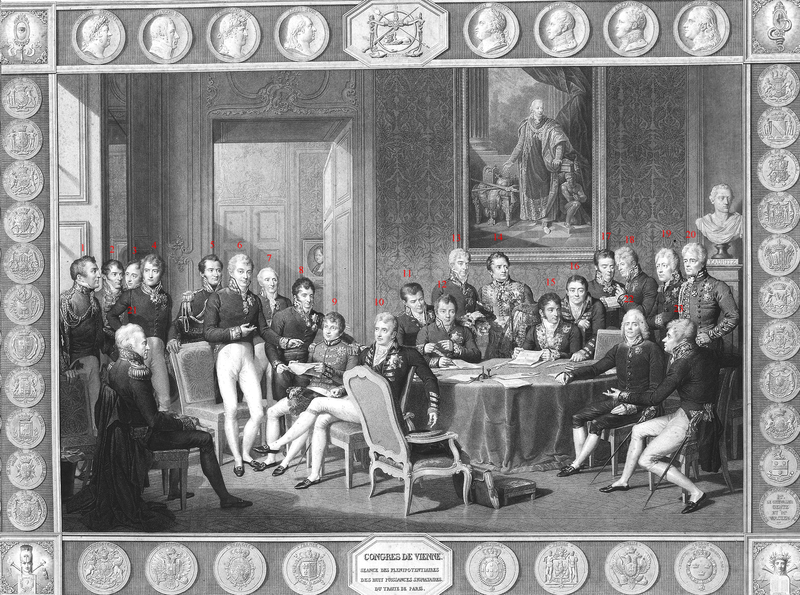
The Congress of Vienna is often overshadowed by Napoleon’s wars, but its impact was long-lasting. After the defeat of Napoleon, European leaders gathered to restore order and redraw national boundaries. Although its goal was to maintain peace, it also suppressed nationalist and liberal movements across Europe. While it temporarily stabilized Europe, it inadvertently set the stage for future revolutions. The decisions made here contributed to the rise of nationalist sentiment that culminated in World War I. The congress’s influence on diplomatic relations persists, marking it as a pivotal but often underappreciated event.
The Partition of India (1947)
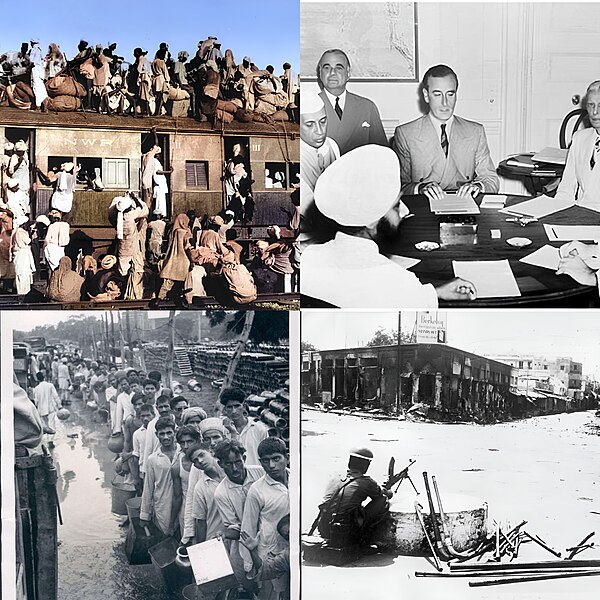
The partition of India in 1947 led to one of the largest mass migrations in history, yet its broader implications are often overlooked. Britain’s hasty withdrawal left behind deep religious divisions, splitting India into two nations: Hindu-majority India and Muslim-majority Pakistan. This division ignited widespread violence, displacing millions and leaving deep scars on both nations. The effects of partition continue to influence Indo-Pak relations, particularly over the Kashmir conflict. Additionally, it set a precedent for post-colonial struggles in other regions. The ripple effects of partition are still evident in South Asia’s geopolitical tensions today.
The Fall of Constantinople (1453)
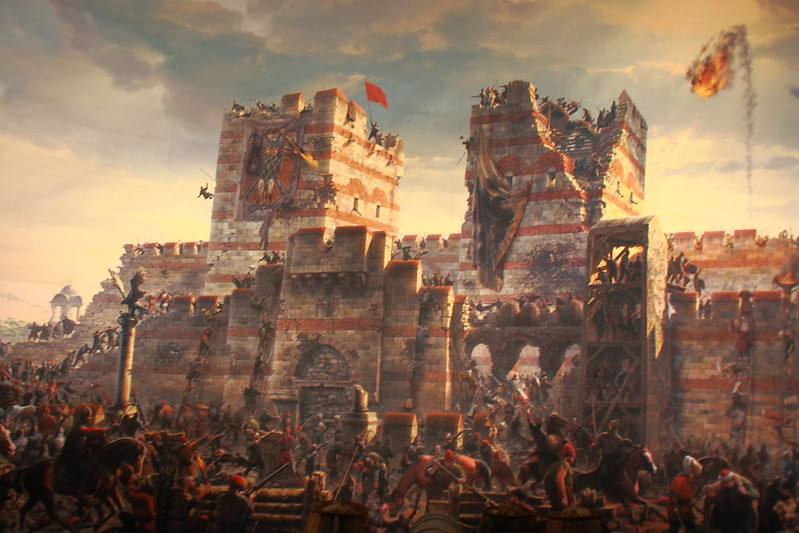
Although the fall of Constantinople is well-known in European history, its broader repercussions are often underestimated. When the Ottoman Empire captured the city, it marked the end of the Byzantine Empire, which had lasted for over a millennium. The conquest shifted the balance of power in the region, giving the Ottomans control over key trade routes. As a result, European powers sought alternative routes to Asia, eventually leading to the Age of Exploration. Additionally, many Byzantine scholars fled to Italy, helping fuel the Renaissance. The fall of Constantinople forever changed the dynamics between Europe and the Islamic world.
The Meiji Restoration (1868)
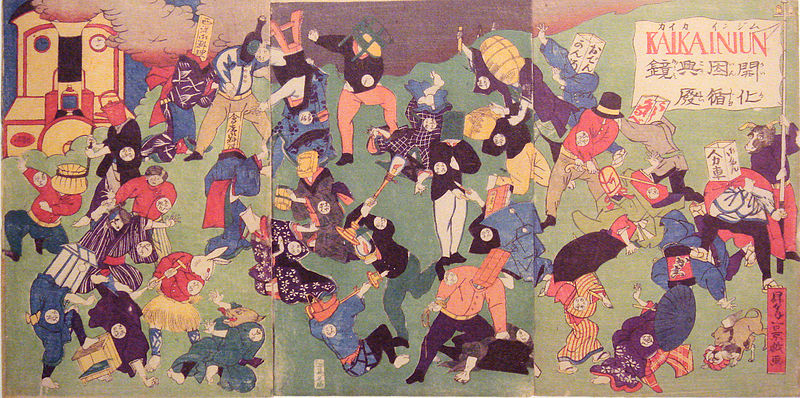
Japan’s rapid transformation during the Meiji Restoration is often overshadowed by Western industrialization. The event marked Japan’s shift from a feudal society to a centralized, modern state, driven by military and economic reforms. The restoration’s success turned Japan into a major world power within a few decades. Its imperial ambitions, fueled by this modernization, led to conflicts with neighboring countries. Notably, Japan’s militarization contributed to its role in World War II. The Meiji Restoration reshaped Japan’s destiny, setting the stage for both its industrial achievements and later conflicts.
The Dutch Revolt (1568-1648)
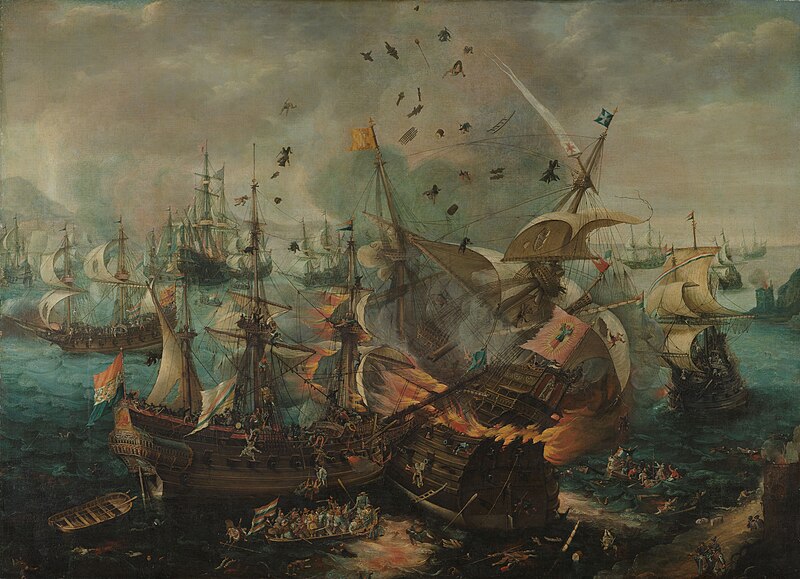
The Dutch Revolt is often overshadowed by larger European conflicts but had profound long-term consequences. It led to the independence of the Dutch Republic from Spanish rule and the establishment of a powerful maritime empire. This revolt also inspired other nations seeking independence from European monarchies. The Republic’s eventual dominance in global trade fostered a golden age of science, culture, and art. Moreover, it weakened Spain’s dominance and contributed to the shifting balance of power in Europe. The Dutch Revolt laid the foundation for the modern Netherlands and influenced global trade routes for centuries.
The New Zealand Wars (1845-1872)
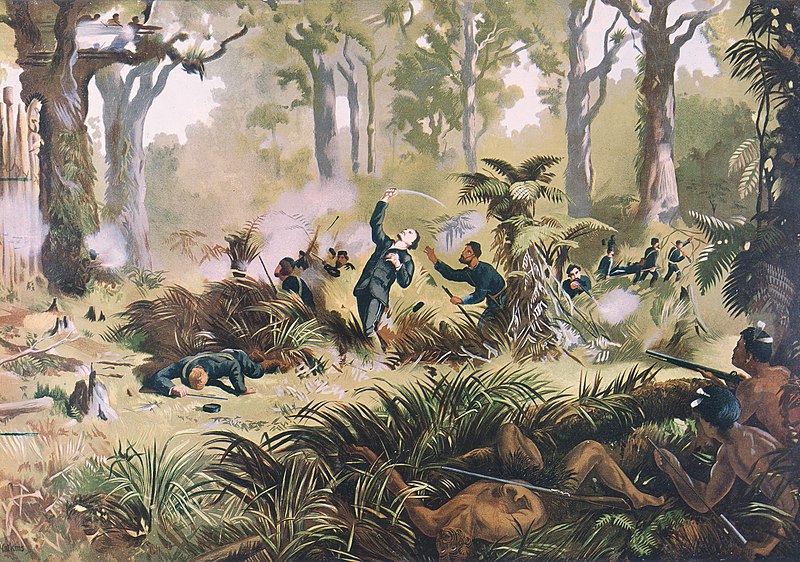
The New Zealand Wars, fought between the British and the Māori, significantly altered the course of New Zealand’s history. Often overlooked in the broader context of colonial wars, these conflicts resulted in the loss of vast Māori lands. The defeat weakened Māori social and political structures, paving the way for British dominance in the region. These wars also spurred the Treaty of Waitangi disputes that still resonate in New Zealand’s legal and cultural landscape. Although often forgotten outside the region, the consequences of these wars shaped New Zealand’s national identity and legal framework. The scars of this conflict still impact Māori-British relations today.
The War of the Triple Alliance (1864-1870)
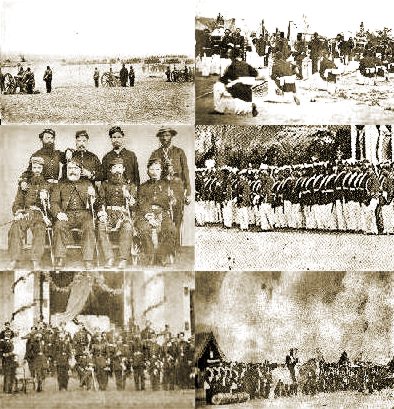
This devastating conflict in South America is often forgotten, despite its profound impact on the region. Fought between Paraguay and the allied nations of Brazil, Argentina, and Uruguay, it resulted in one of the deadliest wars in Latin American history. Paraguay suffered immense losses, with up to 70% of its male population killed, leaving the country severely weakened. The war shifted the balance of power in South America, allowing Brazil and Argentina to emerge as dominant regional forces. Paraguay never fully recovered, and its post-war history has been shaped by this catastrophic conflict. The War of the Triple Alliance reshaped South America’s political landscape.
The Siege of Vienna (1683)
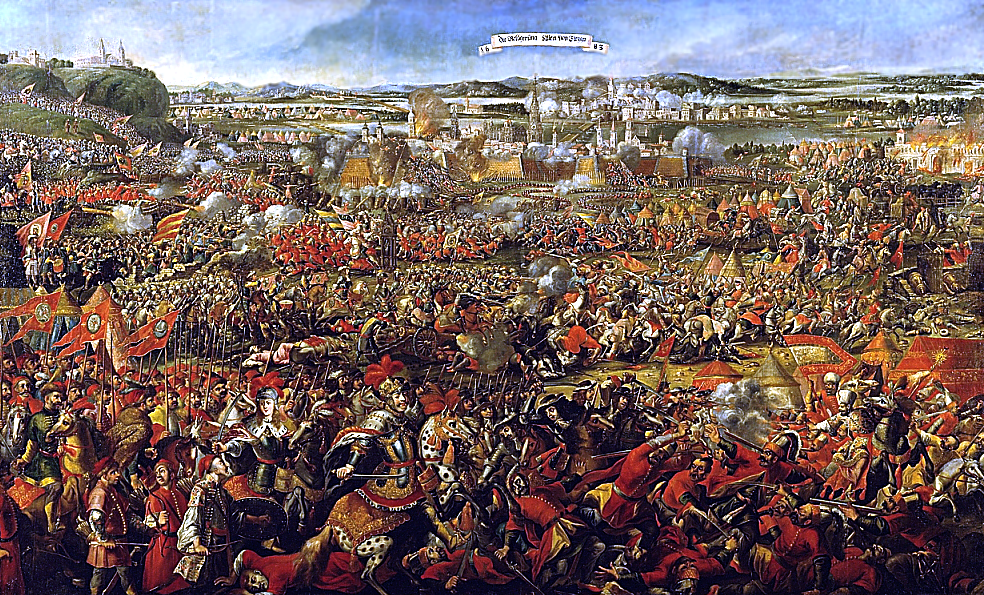
While the Siege of Vienna is recognized as a turning point in European history, its global consequences are often overlooked. The Ottoman Empire’s failed attempt to capture Vienna marked the beginning of its decline in Europe. This event bolstered the Habsburg dynasty and paved the way for the rise of the Austrian Empire. Additionally, it marked the start of a long-term shift in the balance of power between Europe and the Ottoman Empire. This defeat also spurred further European unity against Ottoman advances. The siege’s failure significantly altered the geopolitical dynamics of both Europe and the Middle East.
The Spanish Flu Pandemic (1918-1919)

Though the Spanish Flu claimed millions of lives globally, its long-term societal and political impacts are often understated. The pandemic weakened economies, disrupted trade, and left a generation grappling with loss in the aftermath of World War I. It also highlighted the vulnerabilities in global health systems, influencing later public health policies. Additionally, the spread of the virus exposed the dangers of wartime propaganda, as governments often downplayed the severity of the outbreak. The pandemic also set the stage for advancements in medical research. Its lessons on global health cooperation resonate to this day, especially in light of modern pandemics.
The Haitian Revolution (1791-1804)
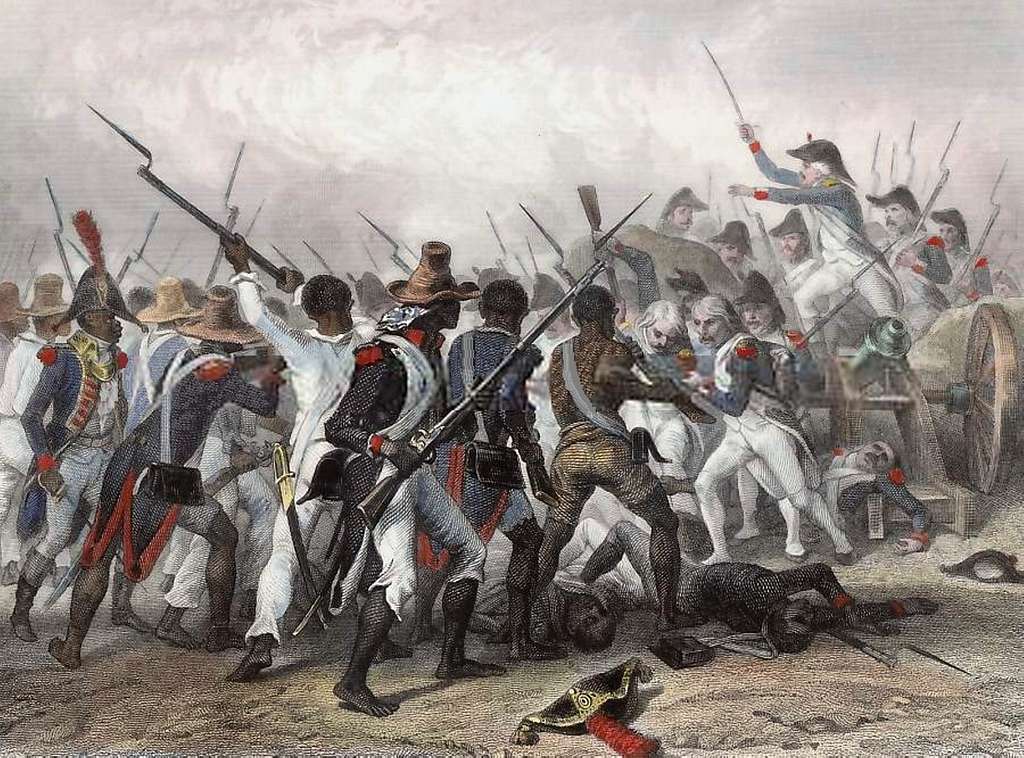
The Haitian Revolution was the first successful slave rebellion, yet its impact is often minimized in world history discussions. This uprising led to Haiti’s independence from France and significantly weakened the French colonial empire. The revolution also inspired other slave uprisings across the Americas, challenging the institution of slavery. Additionally, it led to Napoleon’s decision to sell the Louisiana Territory to the United States, which doubled the size of the young nation. The consequences of the revolution reshaped not only the Caribbean but also the geopolitical landscape of North America. Despite this, Haiti faced isolation and economic hardship due to its revolutionary legacy.
The Amritsar Massacre (1919)

The Amritsar Massacre in British-ruled India is often overshadowed by larger global events, but its repercussions were significant. British troops opened fire on a peaceful crowd, killing hundreds and wounding thousands. This brutal event galvanized the Indian independence movement, leading to widespread condemnation of British colonial rule. It marked a turning point in India’s struggle for freedom, sparking new waves of civil disobedience led by figures like Mahatma Gandhi. Additionally, the massacre strained British relations with India and other colonies. The long-term effects of this atrocity contributed to the eventual end of the British Empire.
The Suez Crisis (1956)
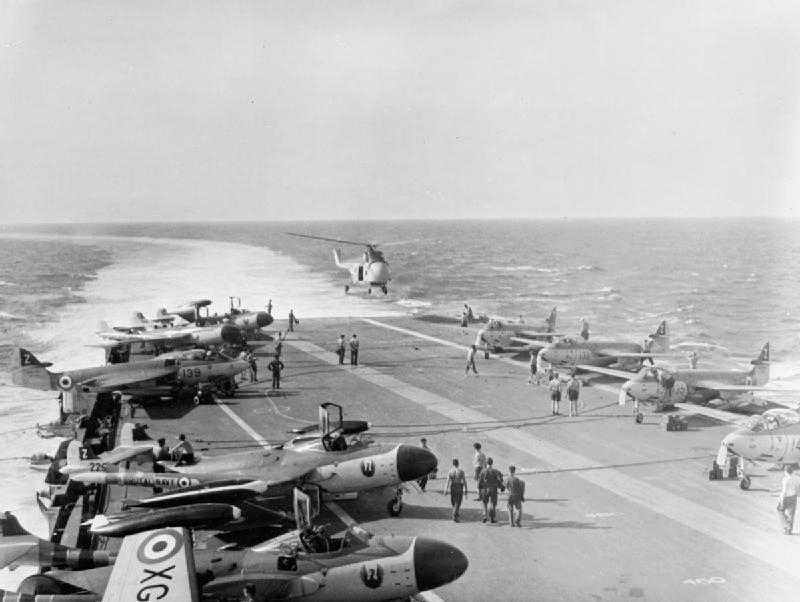
The Suez Crisis, often overshadowed by Cold War tensions, marked a turning point in global geopolitics. When Egypt nationalized the Suez Canal, Britain, France, and Israel launched a military intervention. However, the U.S. and the Soviet Union opposed this aggression, leading to international pressure that forced the invading powers to withdraw. This crisis exposed Britain and France’s waning influence on the world stage, marking the end of their imperial dominance. It also highlighted the increasing role of the U.S. and the Soviet Union in global affairs. The Suez Crisis reshaped Middle Eastern politics and demonstrated the rise of new world powers.
The Battle of Adwa (1896)
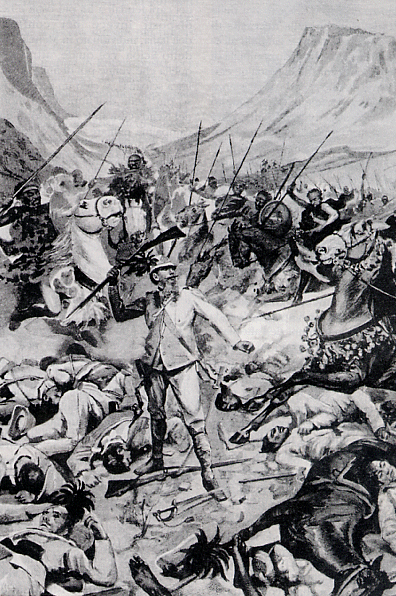
The Battle of Adwa is often overlooked in Western history, yet it had profound implications for Africa. Ethiopia’s decisive victory over Italy preserved its sovereignty, making it the only African nation to successfully resist European colonization during the Scramble for Africa. This victory inspired other African nations to resist colonial rule, providing a symbol of hope and resilience. Additionally, it shifted Italy’s colonial ambitions and reshaped European perceptions of African resistance. The battle also strengthened Ethiopia’s monarchy and bolstered its position in international politics. The repercussions of Adwa resonated throughout Africa’s fight for independence in the 20th century.
The Boxer Rebellion (1899-1901)
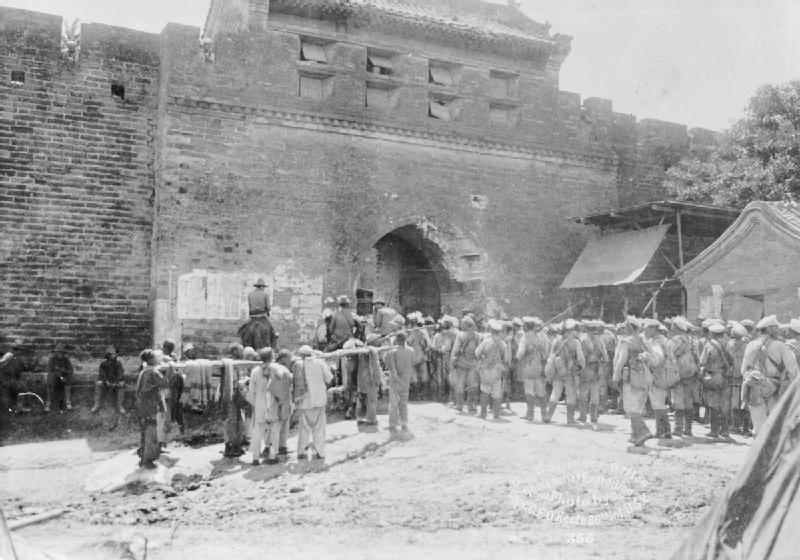
The Boxer Rebellion is often remembered as a failed uprising, but its broader impacts were significant. Chinese nationalists, known as Boxers, sought to expel foreign influence from China, leading to widespread violence. Although the rebellion was crushed by an international coalition, it exposed the weakness of the Qing dynasty and intensified anti-foreign sentiment in China. The aftermath of the rebellion led to further Western exploitation of Chinese resources and hastened the fall of the Qing Empire. Additionally, the rebellion highlighted the growing tensions between China and Western powers. Its legacy influenced China’s later revolutionary movements, including the rise of communism.
The War of Jenkins’ Ear (1739-1748)

The War of Jenkins’ Ear, a conflict between Britain and Spain, is often overlooked but had significant repercussions. Sparked by the severing of a British captain’s ear by Spanish coast guards, the war became part of the larger War of Austrian Succession. Although it was fought largely in the Caribbean and South America, its outcomes affected European colonial ambitions in the Americas. The war strained British-Spanish relations and contributed to Britain’s growing dominance in global trade. It also had long-term effects on the development of the British Navy. Despite its small-scale beginnings, this conflict played a role in reshaping colonial power dynamics.
The Malayan Emergency (1948-1960)

The Malayan Emergency is often overshadowed by the larger conflicts of the Cold War but had lasting consequences. This guerrilla war was fought between British Commonwealth forces and the Malayan National Liberation Army, a communist insurgent group. Although the British successfully suppressed the rebellion, the conflict influenced the decolonization of Southeast Asia. The emergency also shaped Britain’s counter-insurgency tactics, which were later used in other colonial conflicts. Additionally, it highlighted the growing influence of communist movements in Asia during the Cold War. The Malayan Emergency left a legacy of political and social change in Malaysia.
The Russo-Japanese War (1904-1905)
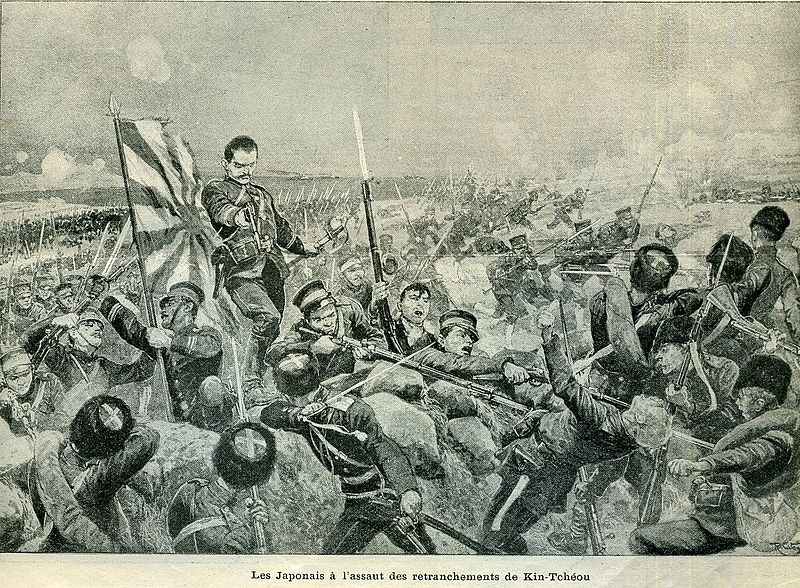
The Russo-Japanese War is often overlooked, despite its major repercussions for global politics. Japan’s victory over Russia shocked the world, marking the first time an Asian power had defeated a European nation in modern history. The war shifted the balance of power in East Asia, paving the way for Japan’s imperial expansion. Additionally, Russia’s defeat contributed to growing unrest at home, leading to the Russian Revolution of 1905. The war also signaled the decline of European dominance in global affairs. Its impact on both Japan and Russia had far-reaching consequences, influencing the course of 20th-century history.
This article originally appeared on Rarest.org.
More From Rarest.Org
Artisanal chocolate brands are transforming the way we indulge, offering unique, handcrafted creations that go beyond your typical store-bought bars. These chocolatiers are dedicated to quality, ethical sourcing, and innovative flavors, making each bite a luxurious experience. Read more.
Indie games often fly under the radar, but they offer some of the most unique and enjoyable experiences in gaming. These hidden gems bring fresh ideas, creative gameplay mechanics, and captivating stories that rival bigger titles. Read more.
High mountain ranges across the world are home to some of the planet’s most unique and elusive wildlife. These animals have evolved to survive in extreme conditions, from frigid temperatures to low oxygen levels. Read more.



